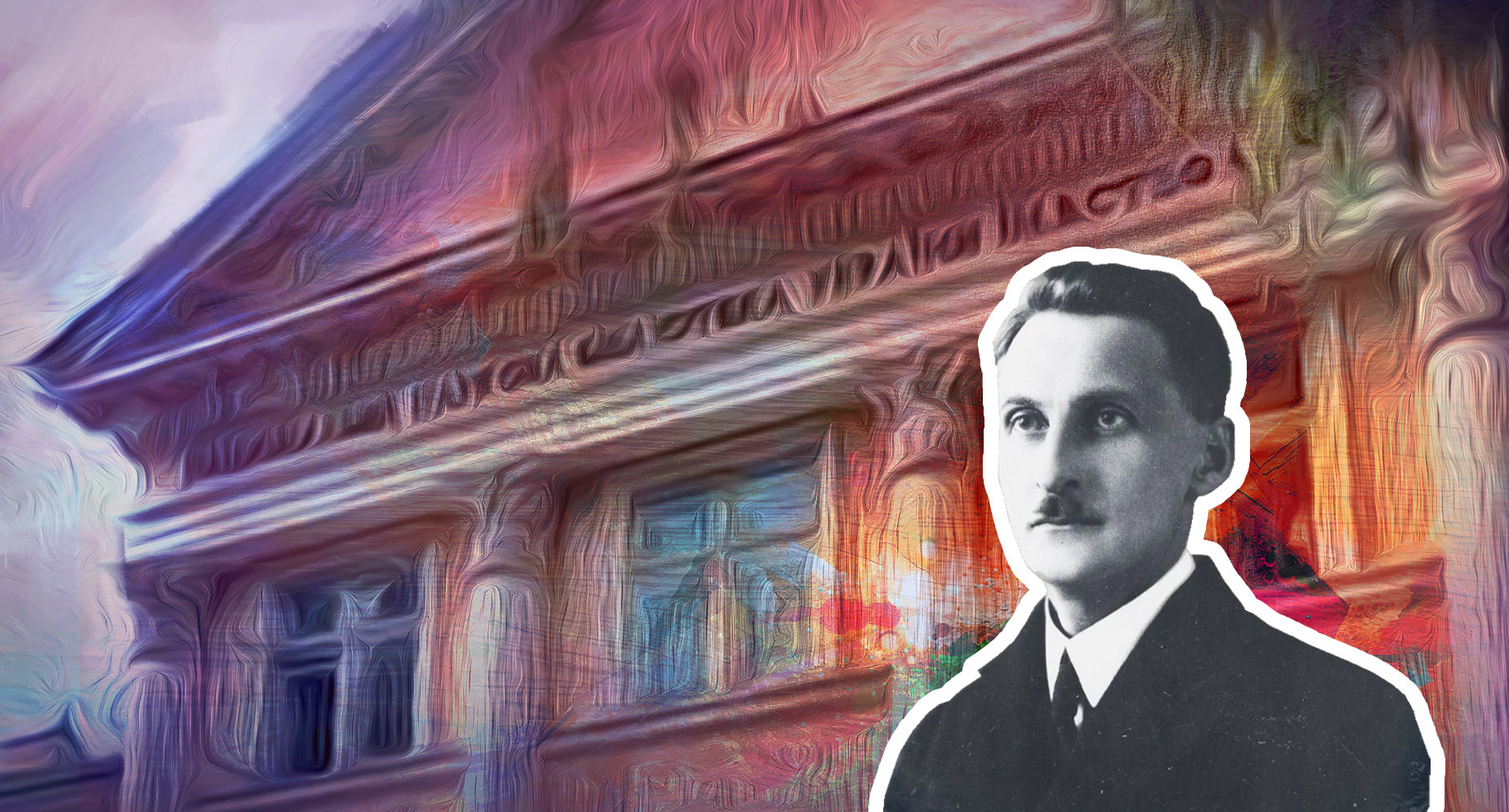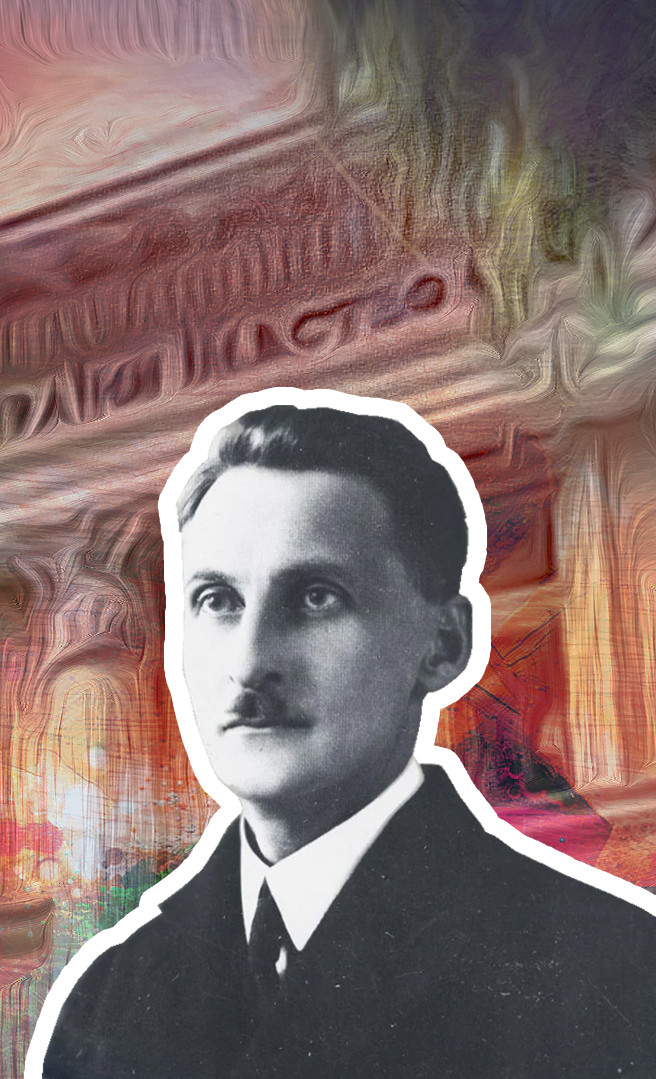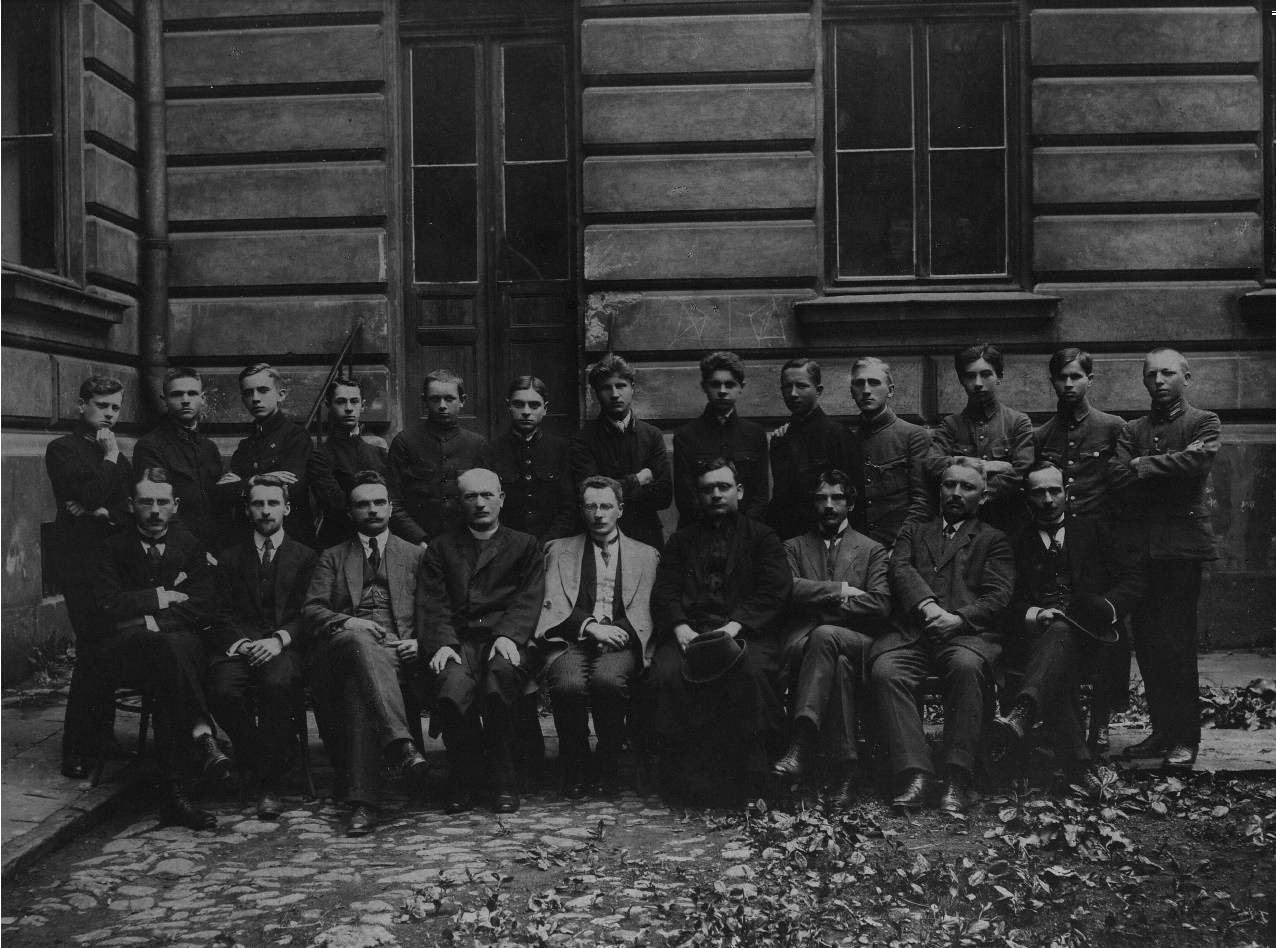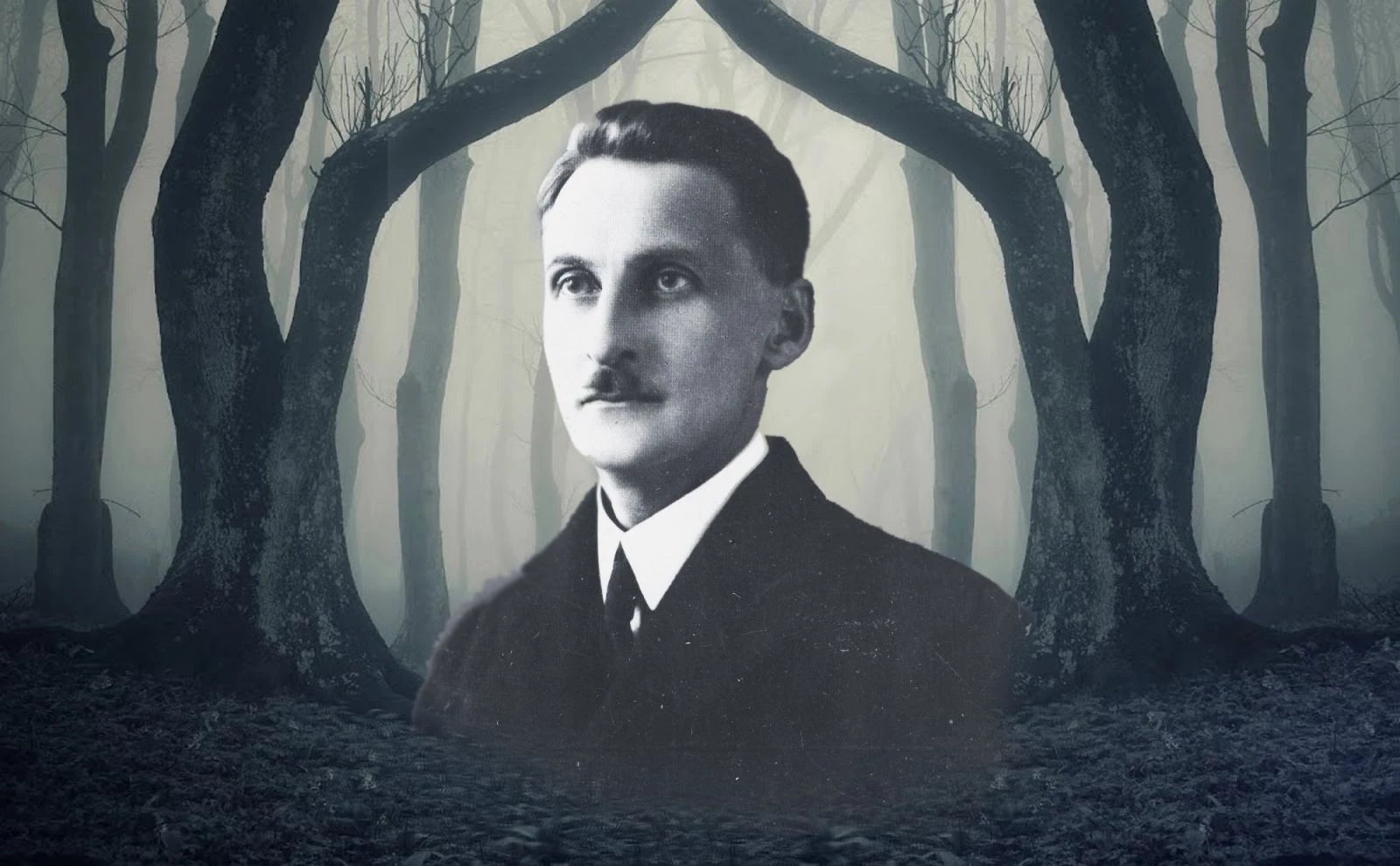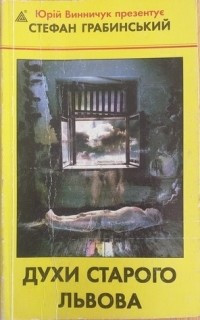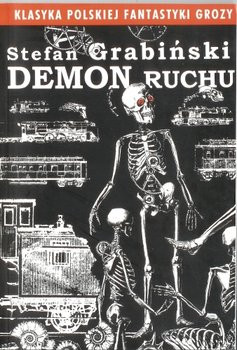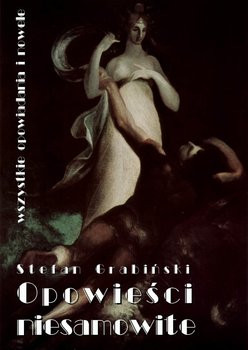Ever since cinema became a mainstream phenomenon, anything related to horror and thrillers has been extremely popular in society. Who does not know the names of such "horror sellers" as Stephen King, Howard Lovecraft and others? At the same time, many horror fans may be surprised by the fact that Lviv also had its own acknowledged master in this field.
Stefan Grabiński (1887 – 1936) was not born in Lviv, but he lived and worked here, so the city became his home. After all, you can visit his grave at the Yaniv Cemetery these days. The fact that the writer has Ukrainian roots is no less significant for us. He published his first texts in Ukrainian publications - in Polish and Ukrainian.
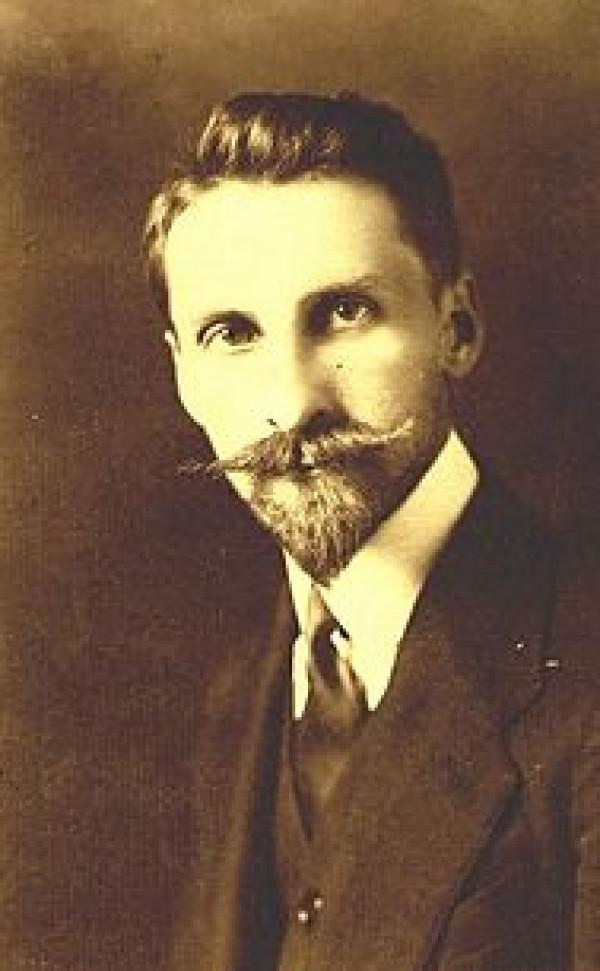
Achievements and failures
Stefan Grabiński's mother was a piano teacher, and his father Dionysiy was the head of the court. The Greek-Catholic Grabiński family lived in the Luka village, near Sambir, and they moved to Lviv after the untimely death of their father. Here, Stefan Grabiński got secondary education and studied Polish and classical literature at the philological faculty of Lviv University. He was diagnosed with bone tuberculosis, and at the same time, Grabiński made his first attempts in the literary field. He left Lviv during the Russian occupation: he spent the period of 1914-1915 in Vienna, and later visited various parts of Europe (Vienna, Przemyśl, cities of Italy and Romania).
The last refuge for the writer was Bruikhovychi, a quiet and cozy area near Lviv – in the fresh air and with spacious "green areas", with a powerful recreational resource. Unfortunately, due to illness, he could not continue his active literary activity, as well as attend public events. Therefore, the works of Stefan Grabiński began to lose popularity, and he died alone and in poverty. The latter can be considered a logical continuation of Grabiński's personality. His biography included a short period of teaching in gymnasiums. The memories of Grabiński's students remained from that time – they remembered their teacher as extremely demanding, he constantly kept his distance, was self-absorbed, and often wore black clothes.
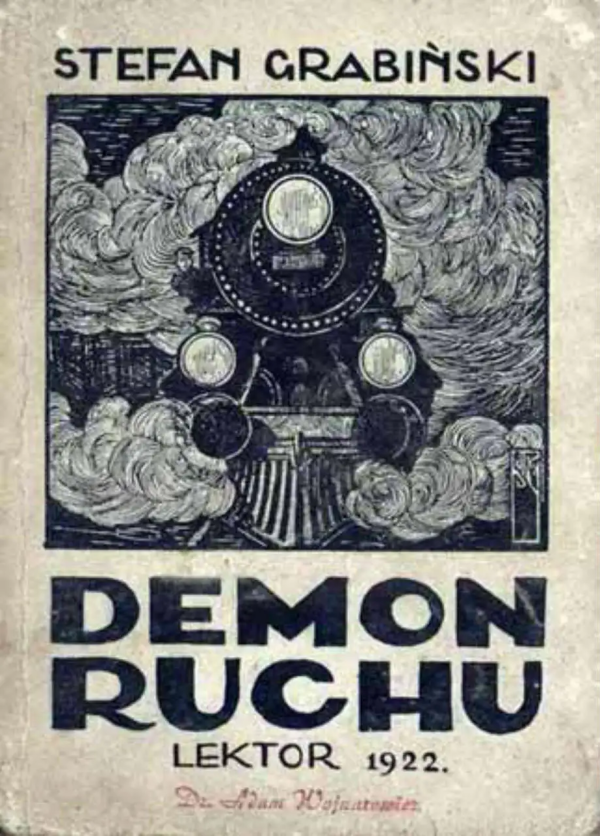
“Demon of motion”
Stefan Grabiński admired the work of Edgar Allan Poe, was interested in parapsychology, religion and magic, and cinematography. Obviously, such passions had a direct influence on his literary creativity. Grabiński wrote short stories, novels, plays, essays, research on literary studies. The most famous works of this author include the collection "The Demon of Movement", "The Mad Pilgrim", "Crazy Story", "Book of Fire", "The Lover of Chamoty" and others. "On the Hill of Roses", "Salamander", "Shadow of Baphomet", "Monastery and the Sea", "Passion" were also popular. For example, the collection "Demon of Motion" include creepy stories, the plot of which is based on the motif of a train and a railway station.
While reading Stefan Grabiński, we will surely meet a character in whose ordinary and very real life mysterious and unusual phenomena begin to occur. The main character meets them in abandoned buildings, at railway stations. In the vast majority of the works, the action takes place in the quiet provincial towns of Galicia.

(Not) our Grabiński
A person who managed to immerse himself in the world of ideas and characters of Mykola Gogol, who really felt the spirit of his work, will never agree that he is a Russian writer. Something similar we have in the case of Stefan Grabiński. He is often called the "Polish Lovecraft", and literary critics still emphasize the fact that he is a Polish writer. If we proceed from the opposite, the constant affirmation of the Polishness of this author is the main argument in favor of the fact that there is a problem with including him in Polish literature. It was already mentioned above about Grabiński's ethnic origin and his points of contact with Ukrainian tradition. Notes of sentiment towards everything Galician, local worlds and their problems are clearly presented in his works.
What has been said does not indicate Stefan Grabiński's Ukrainianness either – that is why it is not worth fighting for! It is obvious that he was an author on the border of cultures and worlds - these tendencies are felt at the level of his works. This indicates precisely the value of Grabiński's literary heritage. At the same time, Ukrainians, especially Lviv residents, should know about Stefan Grabiński. However, it is not necessary to shout about his Ukrainianness, but not to forget this and to popularize this topic.
